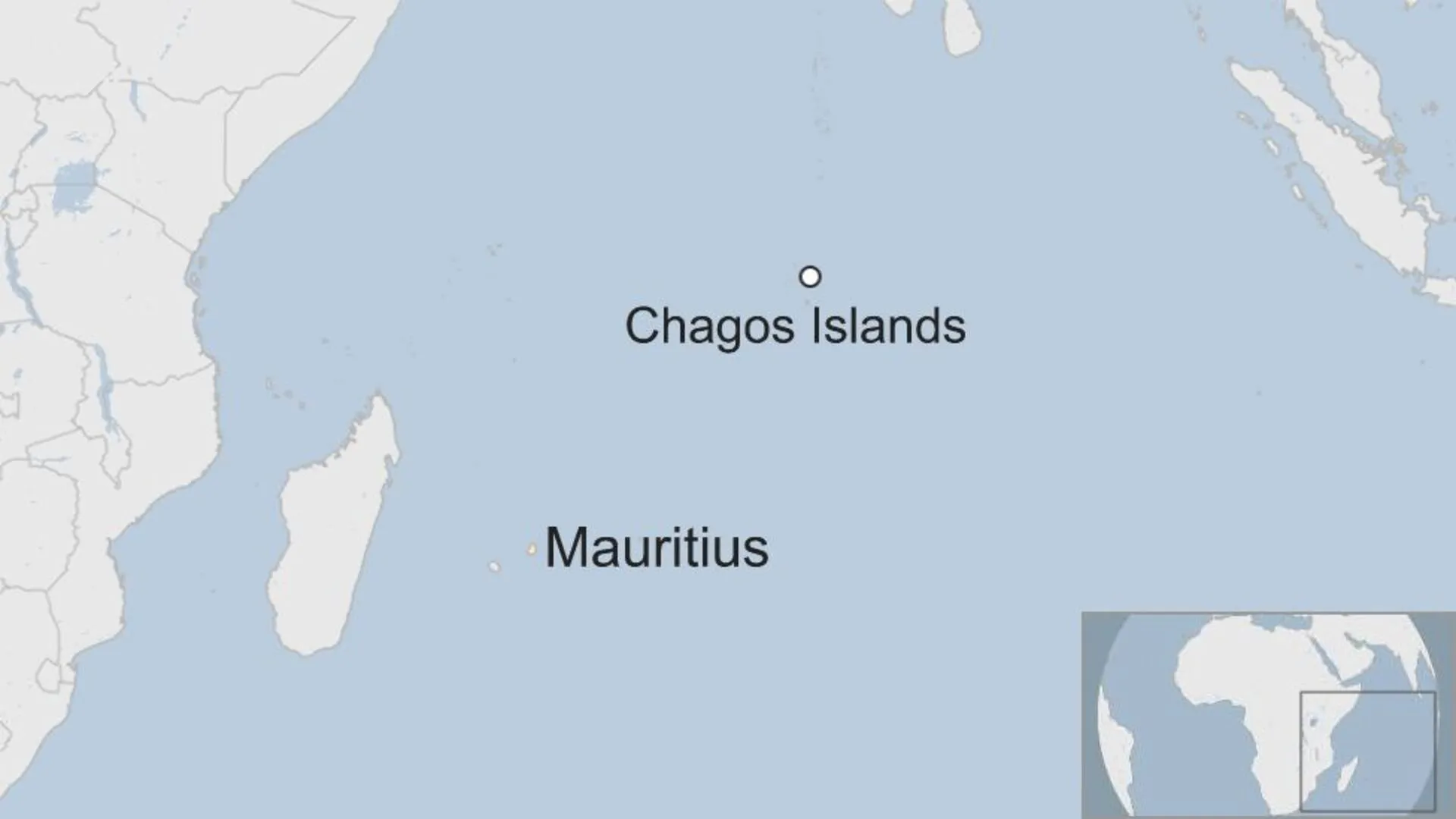Tamil Nadu Chief Minister MK Stalin urged Union Home Minister Amit Shah on Thursday to order the Gujarat-based dairy company Amul to stop buying milk in the southern state immediately.
In a letter to Mr Shah, Mr Stalin alerted the Centre to the problems associated with the Kaira District Cooperative Milk Producers’ Union’s (Amul) purchase of milk from the Tamil Nadu milk shed area.
According to Mr Stalin, the state government has just learned that Amul installed chilling facilities and a processing factory in Krishnagiri district using its multi-state cooperative licence.
Amul has intended to purchase milk from FPOs and SHGs in the nearby Tamil Nadu districts of Krishnagiri, Dharmapuri, Vellore, Ranipet, Tirupathur, Kancheepuram, and Tiruvallur.
In India, it is customary to allow cooperatives to flourish without encroaching on each other’s milk-shed space. Given the current milk scarcity situation in the nation, such cross-procurement is against the spirit of “Operation White Flood” and will make things worse for consumers.
The milk shed area of Aavin (TN Co-operative Milk Producers Federation), which has been fostered in true cooperative spirit over decades, is violated by AMUL’s conduct.
This action by AMUL will create unhealthy rivalries among cooperatives that are involved in sourcing and selling milk and milk-related products. Regional cooperatives have been the cornerstone of dairy development in the states, and they are better equipped to support producers, involve consumers, and protect them from arbitrary price increases.














